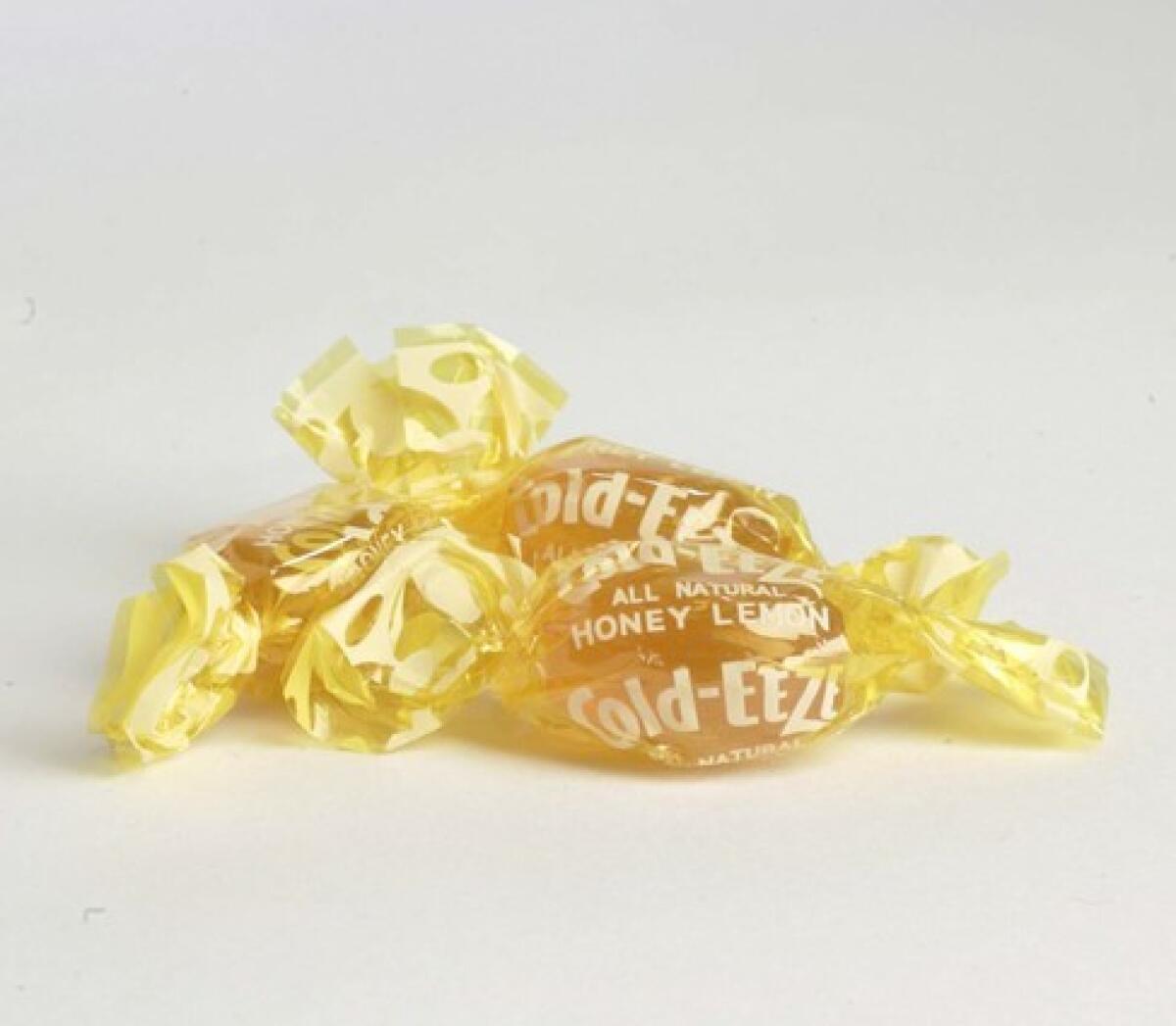Contradictory findings on zinc products

IF cold symptoms alone don’t make one’s head spin, the sheer number of zinc options on the market -- lozenges, swabs, sprays and tablets containing various salts of the mineral -- surely will.
The buzz over zinc began in 1984, when researchers in Austin, Texas, published findings in the journal Antimicrobial Agents and Chemotherapy that showed sucking on 23-milligram zinc gluconate lozenges every two hours while awake helped volunteers infected with colds fully recover in one week -- while less than half of those who took placebo lozenges were back to normal in the same amount of time.
And then the conflicting evidence started to roll in. Dartmouth researchers showed, in the Journal of International Medical Research, that zinc gluconate shortened colds by nearly five days, but a study of 250 schoolchildren published in the Journal of the American Medical Assn. found that the lozenges did nothing.
The makers of Cold-Eeze, the popular zinc lozenges, chose to take their cues from researchers at Dartmouth and the Cleveland Clinic: Cold-Eeze contains 13.3 milligrams of zinc gluconate.
Though there’s some indication that zinc lozenges can help if sucked every two waking hours, the reality is that that’s a pretty tough regimen to follow, said Dr. Robert Bonakdar of the Scripps Center for Integrative Medicine in La Jolla. And zinc’s bitter taste and tendency to irritate the mouth compound the problem.
“It’s pretty nasty stuff, and it can give people gastrointestinal upset and nausea,” Bonakdar said. One way around that series of hurdles is to put liquid or gel zinc directly in the nose. But there are fewer studies of intranasal zinc gluconate -- the active ingredient in Zicam Cold Remedy Nasal Gel and Swabs -- than those on lozenges. Some studies have found that when sprayed in the nose four times daily, intranasal zinc can clear up colds two to six days faster than placebos. But just as many studies showed the products do nothing.
Zicam in particular has been hobbled by legal troubles. In 2006, Matrixx Initiatives Inc., the company that makes Zicam products, paid $12 million to more than 300 consumers who had charged that the product damaged their sense of smell. The company denied wrongdoing, but redesigned the sprayer to address consumer complaints.



